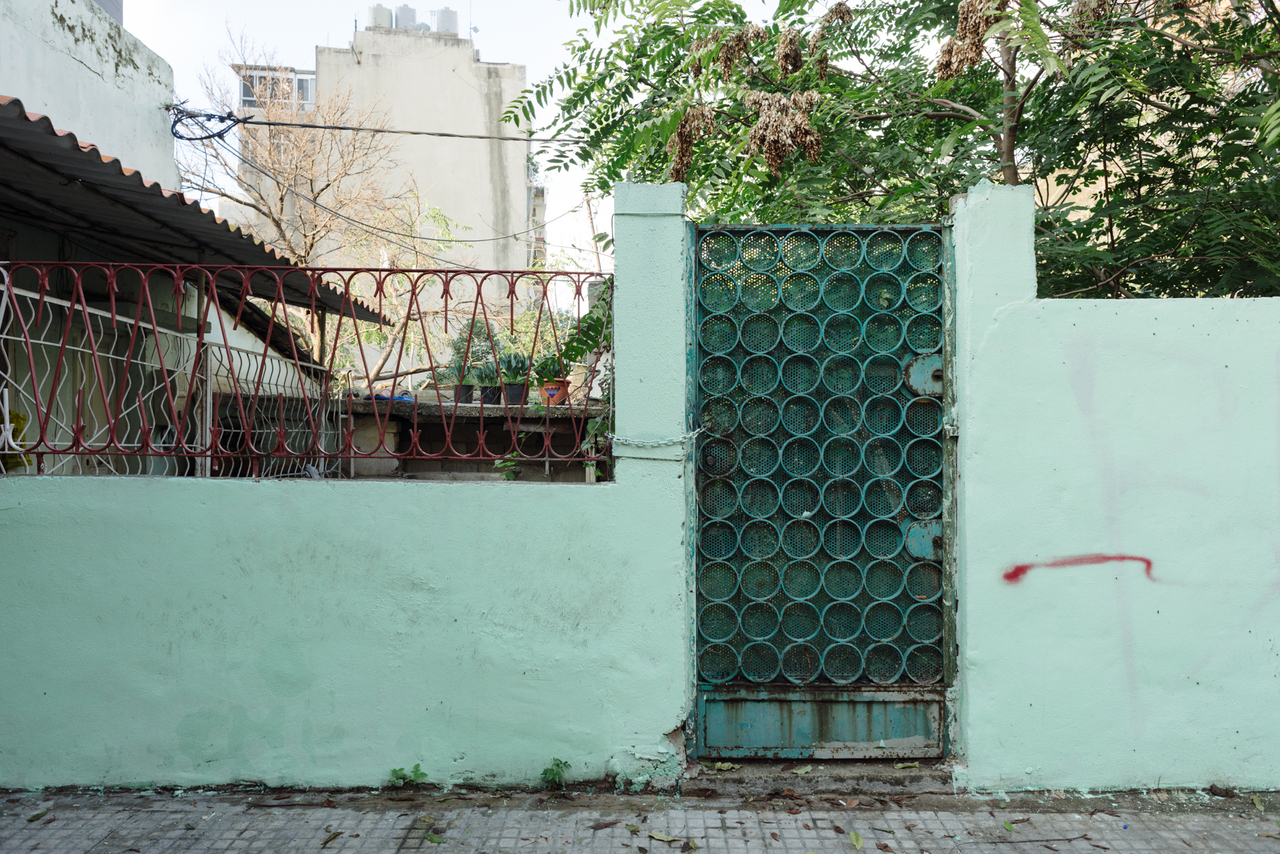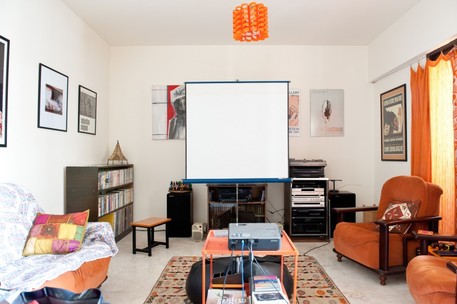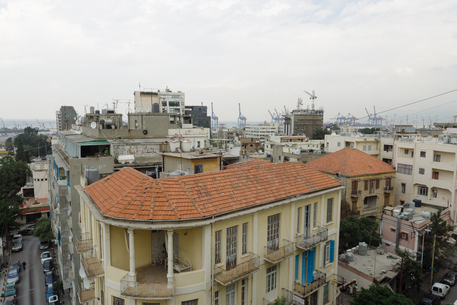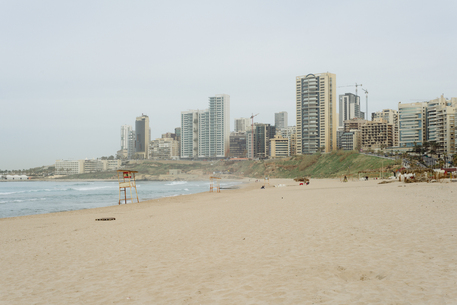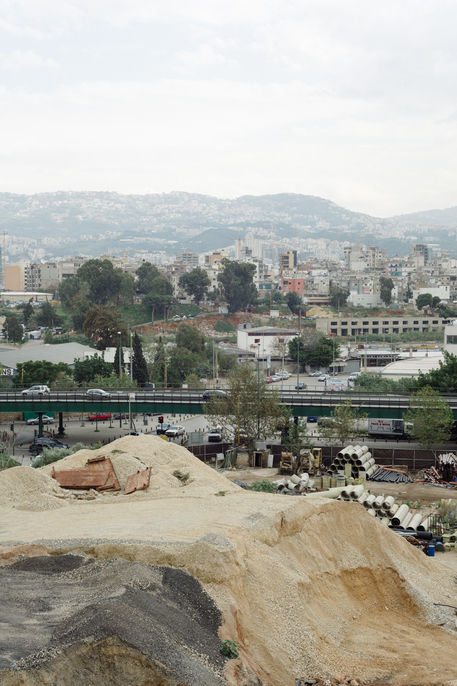Written by:
Philipp Schmickl
Share article:
Palestinänser
This is my fourth journey to Beirut. Since three years, every early April I go on this venture in order to take part in the Irtijal Festival. I got acquainted with two of the organizers, Sharif Sehnaoui and Mazen Kerbaj, on their journeys as traveling musicians in various European cities and pueblos, like Nickelsdorf, Mulhouse, Prague, &c. Invitations were pronounced and in 2011 the time was right for the first time to organize a trip to the Middle East.
I know the name of the city, Beirut, since I can remember. I grew up with it, heard it on TV, on the news and on the radio. Despite of what I had heard, the word Beirut always kept a positive connotation for me. Another word of my childhood, to which I connect some pictures from our old but already color TV - I suppose from the first Intifada - is the word 'Palestinänser' (Palestinian). The television-sequences I link with the word are stone throwing children. Or is my memory cheating on me? In our little village, we children did the same thing at the same time, but we threw the stones onto each other.
The lectures that I was attending at the University of Vienna about the history of the Arab world increased my interested in Lebanon and the civil war from 1975 to 1990, which I tried to understand. There was a time when I knew much more about this war than I do today. The special interest in this, I think, is also due to the word 'Beirut'. You can show off, in a way, when you say it, when you pronounce it and, even more, when you say that you are going there. Sometimes I avoided to use it and said that I was going to the Irtijal Festival. Beirut evokes a certain danger and exoticism, much more intangible than those of other cities. Similar to Tanger, which has also passed it's Golden Age in which Muslim, Christian and Atheistic traditions were mythically merged and in which many different languages were spoken naturally (1), in short, a city which is characterized by liberalism, also (especially Tanger in the last years) by economic liberalism and pitiless capitalism.
(1) I hear many people utter this statement: everybody in Lebanon is at least bilingual. I’ve said it myself a few times, often with a strange anticipation of curiosity and a conspicuous sense of pride. Now this statement is obviously not true. What we mean to say is: Everybody like us is at least bilingual. And by ‘us’ we mean those of a certain educational background, and sometimes even age group. Abundant as we may be, we surely are not everybody. All it takes is a ride in a shared taxi to realize how much of an inhomogeneous currency language is. In a typical journey, hellos and thank yous in Arabic, English, French and other languages, and in myriad accents and forms, fly around with naturalized ease, while maintaining a common ground for simple conversation is often a culturalized struggle. It is true that here in Lebanon, as elsewhere in the world, language is a seldom and innocent parameter and is often a highly loaded signifier of status - cultural alignment, political belonging and social class. But it is a little bit more complex than “Christians prefer French” and “poor people speak more Arabic”.
Ahmad Garbieh, Journal Safar ISSUE 01_APRIL 2014
